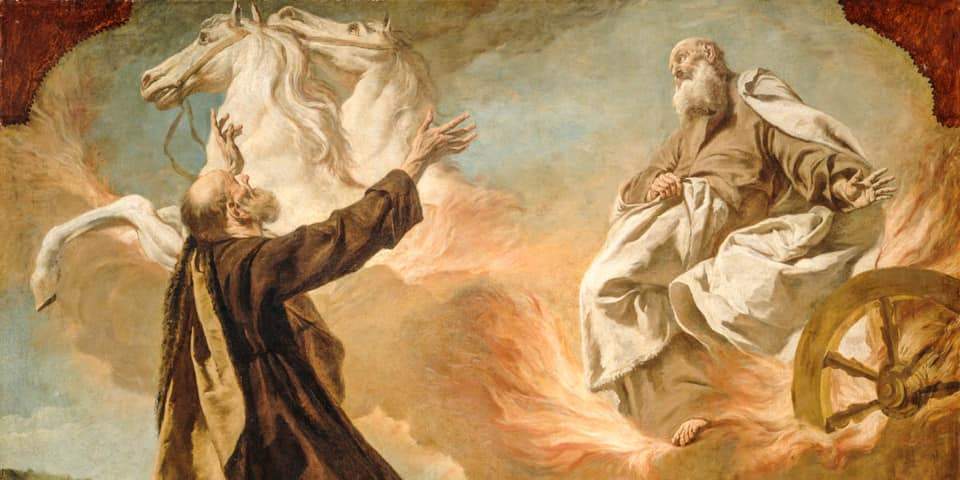
YOU ARE THE MAN!

CONQUER EVIL WITH GOOD
June 15, 2020
MENTORING, PART TWO
June 17, 2020Homily for Tuesday of the 11th Week in Ordinary Time, 16 June 2020, Mt 5:43-48
One of the most FAQs (frequently asked questions) about the teachings of Jesus has to do with what you just heard from today’s Gospel. “How am I supposed to love my enemies?” And it looks like our reflection yesterday has already prepared us for this question. How? To love them does not mean we should just allow them to go on doing the evil things that they are doing—which, by the way, is the common reason why we regard some people as our enemies.
I already explained yesterday that Jesus certainly did not mean that we should not resist evil. Quite the contrary, he expects us to resist or reject evil boldly and even make ourselves ready to face the consequences of doing so, even at the price of our own suffering and death.
The context of our reflection yesterday was Jesus’ criticism on the principle of EYE FOR EYE, TOOTH FOR A TOOTH, or what they call the law of “proportionate retaliation”. I also explained to you why I believe, St. Paul gave it a better elaboration when he reworded it in this way, “Do not return evil for evil.” Paul is very categorical about how the desire for revenge can put us in a self-destruct mode; how it can transform the oppressed into the very image and likeness of the oppressor whom he hates. Even our Jose Rizal said something like this: “The slaves of today are the tyrants of tomorrow.” (That is, if they are never liberated from their anger at their oppressors.)
And so, again, how are we to love our enemies? How do we love those who hate us, those who persecute us, those who maltreat us and utter false accusations against us?
The crime committed by Ahab, and which we heard from yesterday’s first reading, reminds me of an earlier crime also committed by a more famous king, the one whom God was particularly fond of—the great King David.
Remember that infamous story about him, how he ordered his soldier Uriah to be assigned to fight in the frontlines and to die in the battlefield? Remember what for? Because he wanted to take home the soldier’s beautiful wife, Bathsheba, as his concubine.
The story tells us David had so desired to possess Bathsheba from the moment he saw her naked while taking a bath in a garden, from the terrace of his palace. Just when he thought he had accomplished a perfect crime that nobody knew about, he would one day be confronted by the prophet Nathan.
On the pretext of asking for the king’s opinion about a certain case, the prophet Nathan asks David what he thought about a rich man who had a poor farmer murdered all because he wanted to possess the poor farmer’s only property—a little lamb. The prophet is able to provoke the king to react to the story, which, he didn’t realize, was actually about him. In anger, the king declares that that criminal deserved to die. It is then that the prophet looks at him in the eye and says, “YOU ARE THE MAN!”
Take note that in both instances—namely, the murder of Uriah in the case of David, and the murder of Naboth in the case of Ahab—the prophets dared to confront the evildoers who were people in authority, even if it could cost them their lives. In many instances, it actually did. That is why many prophets died a violent death; because they dared to speak out; to be the voice of the voiceless, and confront those in authority about their wickedness.
Listen to the strong words the prophet Elijah said when he confronted Ahab. Let me paraphrase them, “Is it not enough that you had an innocent man murdered? You couldn’t even wait for his burial to take possession of his vineyard immediately.”
It does not end there; the prophet continues by pronouncing a terrible oracle of judgment foretelling the downfall of the king, and how tragic it was bound to be for himself and his whole family. He says, “I will bring disgrace on you and sweep you away… In the very place where you allowed the dogs to lick up the blood of your innocent victim, the dogs will also lick up your blood… because you have offended me and dragged the whole nation into sin.”
Like David, King Ahab was shaken by the words of the prophet and he repented, tore up his clothes and put on sackcloth and confessed his sins publicly. The harsh words were really words of love, words that believed that he was not beyond redemption. The good news is, God is a God of justice, but the better news is, he is also a God of mercy. In the letter of James 2:13, the apostle says, “For the judgment is merciless to one who has not shown mercy; but mercy triumphs over judgment.” In short, God’s mercy is greater than his justice.
It is not true that the Lord loves only the righteous and hates the sinners. He loves them both. It is the sin, not the sinner, that he hates. And so Jesus says, “He makes the sun rise on both the wicked and the good, and gives rain to both the just and the unjust.” He wants us to do no less.
St. Paul, in his letter to Timothy, speaks of the mystery of God’s stubborn option to save us even when we don’t deserve it. He says in 2 Tim 2:12, “If we endure, we will also reign with Him; if we deny Him, He will also deny us. If we are unfaithful, HE REMAINS FAITHFUL BECAUSE HE CANNOT DENY HIMSELF.” And so it makes sense to me why we end each decade of the rosary with a prayer to Jesus, asking him “to forgive our sins and save us from hell, and to lead all into heaven, especially those who are in most need of mercy.”
I hope I have somehow succeeded in making you understand why Jesus teaches us to love our enemy, why he teaches us to take the difficult path of loving unconditionally, even those seemingly undeserving of love. You will know what this means when you get to realize that sometimes, or perhaps many times, you are the enemy who needs to be loved, you are the one in need of mercy. As Nathan said to David, YOU ARE THE MAN!





